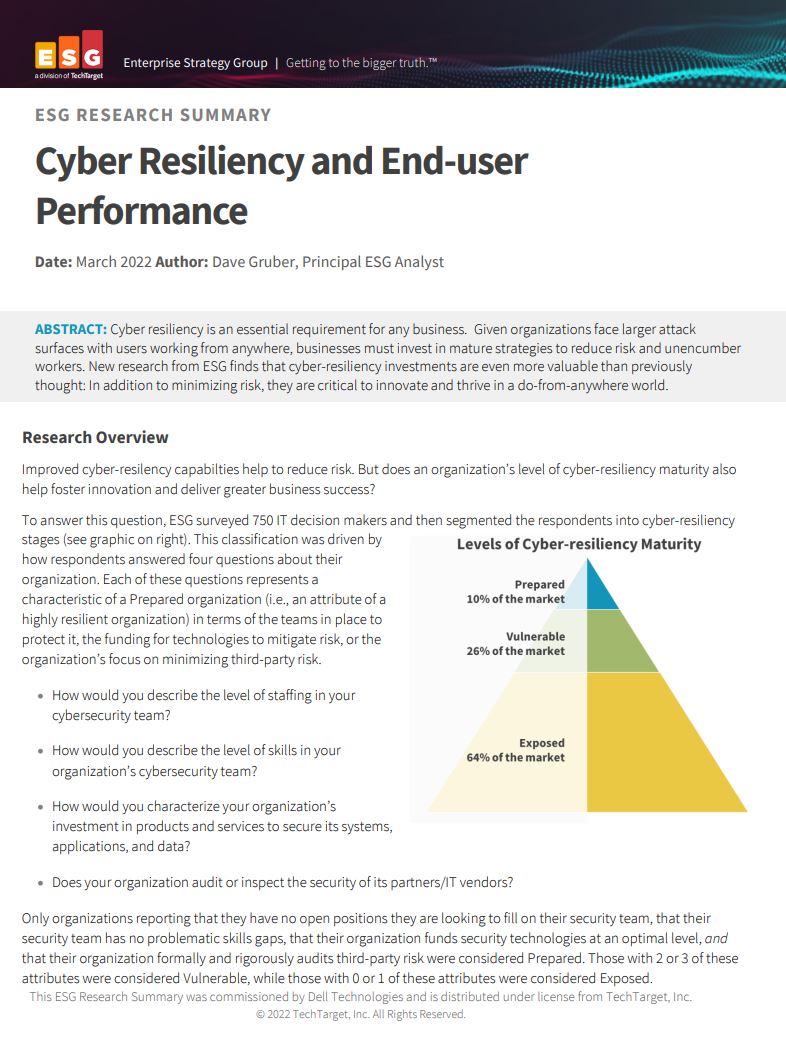EU to introduce strict IoT security regulation
Manufacturers will be required to assess all risks, and notify the EU of issues within 24hrs


The EU is set to introduce a law that would require smart devices to follow strict cyber security rules, on threat of a device ban.
Internet of Things (IoT) devices such as smart home controls or fitness trackers are becoming more ubiquitous, making life more convenient while also increasing the vectors through which threat actors can perpetrate cyber crime.
The proposal, which Reuters reports is titled the Cyber Resilience Act, will be formally put forward on 13 September. Once law, smart device manufacturers will be required to review the risk profiles of their products and fix any discovered vulnerabilities.
In the event of a problem or threat being discovered, the law will also require companies to notify the European Union Agency for Cybersecurity (ENISA) within 24 hours.
Companies that fail to abide by the provisions laid out in the legislation will be faced with serious consequences, with the higher value of either €15 million or 2.5% of global turnover proposed as the upper limit for fines. Products that are considered to violate the law could also be banned from EU sale altogether.
Researchers have long been concerned over the security risk posed by IoT devices. In 2021, Kaspersky researchers reported that over 1.5 billion attacks had been made against such devices in just the first six months of the year, a more than 100% increase from the same period in the previous year.
"Given the unsustainable “react and patch” approach to cyber security today, it is imperative that manufacturers move to ensure products are delivered more secure by default," stated Professor John Goodacre, director of the UKRI’s Digital Security by Design challenge and professor of computer architectures at the University of Manchester.
Get the ITPro daily newsletter
Sign up today and you will receive a free copy of our Future Focus 2025 report - the leading guidance on AI, cybersecurity and other IT challenges as per 700+ senior executives
"This new EU bill along with the UK government's PSTI bill are clear indications that non-commercial incentives are required to move the burden of cyber defence from the user to earlier in the supply chain.
"The UK government also has a UKRI programme, Digital Security by Design, that moves this burden even earlier in the supply chain by investigating how the actual computer chips in all digital systems can protect users from vulnerability exploitation by design."
RELATED RESOURCE

Cyber resiliency and end-user performance
Reduce risk and deliver greater business success with cyber-resilience capabilities
The benefits of the law could be wide-reaching, enabling consumers and businesses alike to use their devices without fear of failure or the use of IoT connectivity as an escalation point from which to undertake attacks with malware or ransomware.
In the proposal paper seen by Reuters, lawmakers argue that the introduction of the Cyber Resilience Act could cost companies as much as €29 billion per year — but that this would save an estimated €290 billion in annual damages.
Security firms specialising in smart device assessment could also see a major boost as a result of the law. In March, Meticulous Market Research predicted that the IoT security market would hit $59 billion by 2029.
Felixstowe Docks in Suffolk, the UK’s busiest port, announced plans earlier this year to outfit the quay cranes used to move shipping containers around with 5G IoT sensors, to reduce equipment failure and optimise port efficiency. If hit by the kind of breach that other IoT devices have suffered, the knock-on effect to supply chains across the UK could be catastrophic.
This article was updated to include a quote from Professor John Goodacre.

Rory Bathgate is Features and Multimedia Editor at ITPro, overseeing all in-depth content and case studies. He can also be found co-hosting the ITPro Podcast with Jane McCallion, swapping a keyboard for a microphone to discuss the latest learnings with thought leaders from across the tech sector.
In his free time, Rory enjoys photography, video editing, and good science fiction. After graduating from the University of Kent with a BA in English and American Literature, Rory undertook an MA in Eighteenth-Century Studies at King’s College London. He joined ITPro in 2022 as a graduate, following four years in student journalism. You can contact Rory at rory.bathgate@futurenet.com or on LinkedIn.
-
 Why keeping track of AI assistants can be a tricky business
Why keeping track of AI assistants can be a tricky businessColumn Making the most of AI assistants means understanding what they can do – and what the workforce wants from them
By Stephen Pritchard
-
 Nvidia braces for a $5.5 billion hit as tariffs reach the semiconductor industry
Nvidia braces for a $5.5 billion hit as tariffs reach the semiconductor industryNews The chipmaker says its H20 chips need a special license as its share price plummets
By Bobby Hellard
-
 Forcing Apple to allow alternative app stores might cause major security risks
Forcing Apple to allow alternative app stores might cause major security risksAnalysis Apple will be forced to allow third-party marketplaces on its devices, but some experts have raised serious security concerns
By Solomon Klappholz
-
 Why bolstering your security capabilities is critical ahead of NIS2
Why bolstering your security capabilities is critical ahead of NIS2NIS2 regulations will bolster cyber resilience in key industries as well as improving multi-agency responses to data breaches
By ITPro
-
 New EU vulnerability disclosure rules deemed an "unnecessary risk"
New EU vulnerability disclosure rules deemed an "unnecessary risk"News The vulnerability disclosure rules in the Cyber Resilience Act could also cause a “chilling effect” on security researchers
By Ross Kelly
-
 Are you ready for NIS2?
Are you ready for NIS2?WEBINAR Find out what you should be doing to prepare for the EU’s latest data protection regulation and UK equivalent with our free webinar
By ITPro
-
 EU regulators are digging their heels in despite big tech’s Data Act pushback
EU regulators are digging their heels in despite big tech’s Data Act pushbackAnalysis EU regulators are no strangers to big tech regulatory push back, so why do companies still persist?
By Ross Kelly
-
 Microsoft's EU Data Boundary will begin staggered rollout in January 2023
Microsoft's EU Data Boundary will begin staggered rollout in January 2023News Public sector and commercial customers will be the first to benefit when the rollout begins on 1 January across all of Microsoft's core services
By Ross Kelly
-
 EU watchdog fights against rules permitting Europol's ‘unlawful’ data practices
EU watchdog fights against rules permitting Europol's ‘unlawful’ data practicesNews The pushback follows allegations that Europol was allowed to write its own rules when it came to handling sensitive data
By Connor Jones
-
 EU agrees on data sharing legislation to accelerate industry-wide innovation
EU agrees on data sharing legislation to accelerate industry-wide innovationNews The Data Governance Act aims to make it easier for personal data to be shared across the public and private sectors in areas such as research, innovation, and AI
By Connor Jones